The Olympian Gods
The major deities in ancient Greek religion and mythology
The Olympian Gods are the major deities in ancient Greek religion and mythology, of the Greek pantheon.
They were called Olympians because, according to tradition, they resided on Mount Olympus.
The Olympians were a race of deities, primarily consisting of a third and fourth generation of immortal beings. They gained their supremacy in a ten-year-long war of gods, in which Zeus led his siblings to win over the Titans.
Plato connected "twelve gods" with the twelve months and implies that he considered Pluto one of the twelve in proposing that the final month be devoted to him and the spirits of the dead.
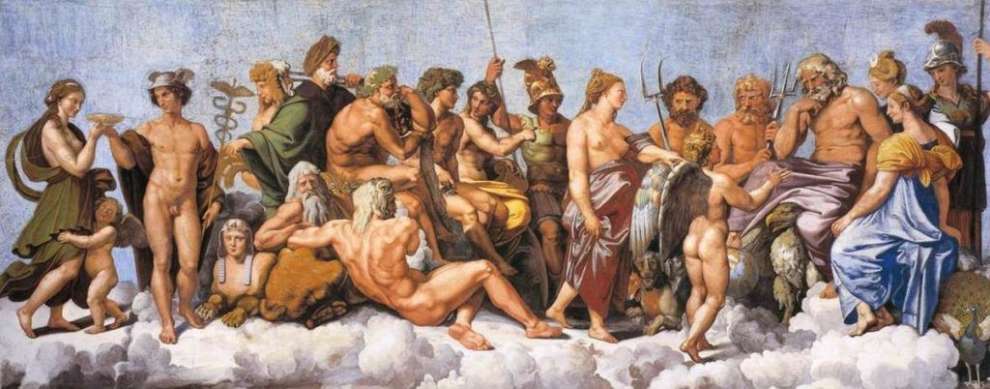
The Olympian Gods are the following:
Zeus
The King of the gods and ruler of Mount Olympus, god of the sky, lightning, thunder, law, order and justice.
The youngest child of the Titans Cronus and Rhea. Brother and husband of Hera and brother of Poseidon, Hades, Demeter, and Hestia. He had many affairs with goddesses and mortals, such as his sister Demeter, the Titan Leto, mortals Leda and Alcmene, and more.
His symbols include the thunderbolt, eagle, oak tree, bull, scepter, and scales.
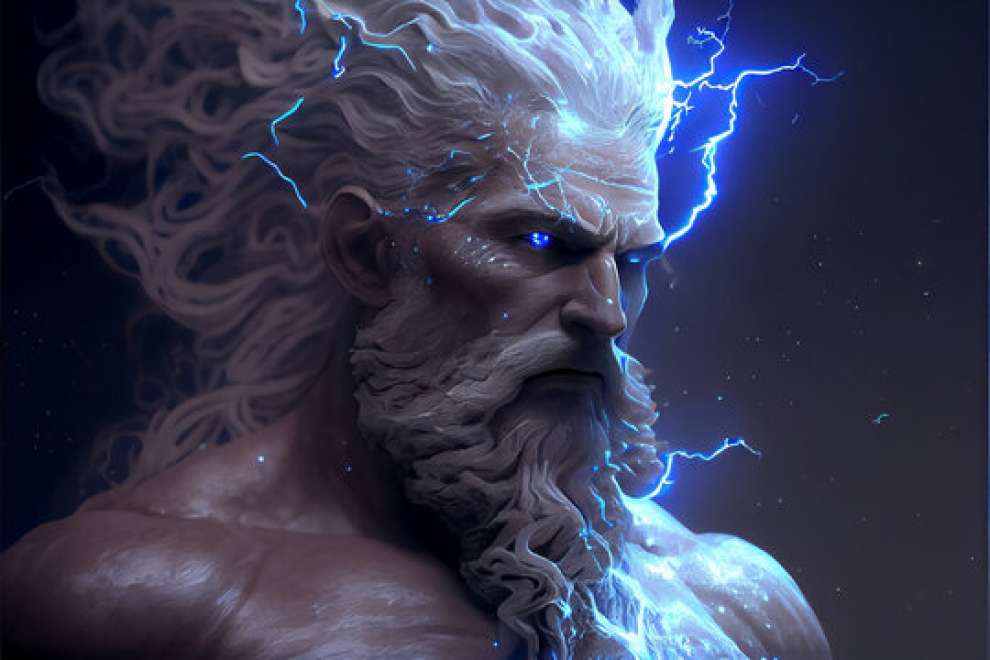
Poseidon
God of the seas, water, storms, hurricanes, earthquakes and horses.
The middle son of Cronus and Rhea. Brother of Zeus and Hades. Married to the Nereid Amphitrite; although, as with many of the male Greek gods, he had many lovers.
His symbols include the horse, bull, dolphin, and trident.
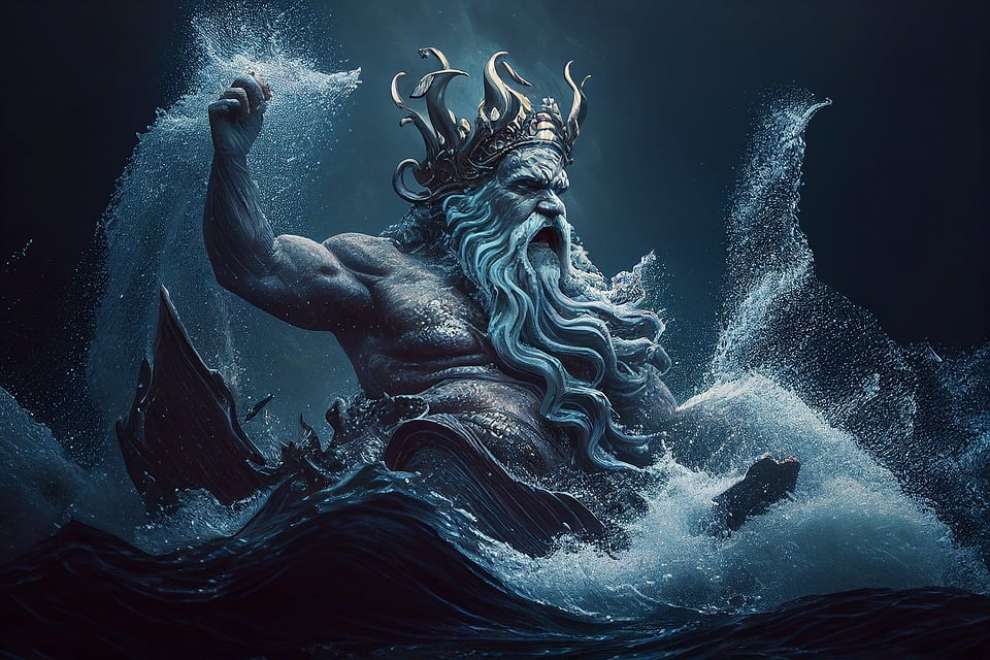
Hera
Queen of the gods and the goddess of marriage, women, childbirth and family.
The youngest daughter of Cronus and Rhea. Sister and wife of Zeus. Being the goddess of marriage, she frequently tried to get revenge on Zeus' lovers and their children.
Her symbols include the peacock, cuckoo, and cow.
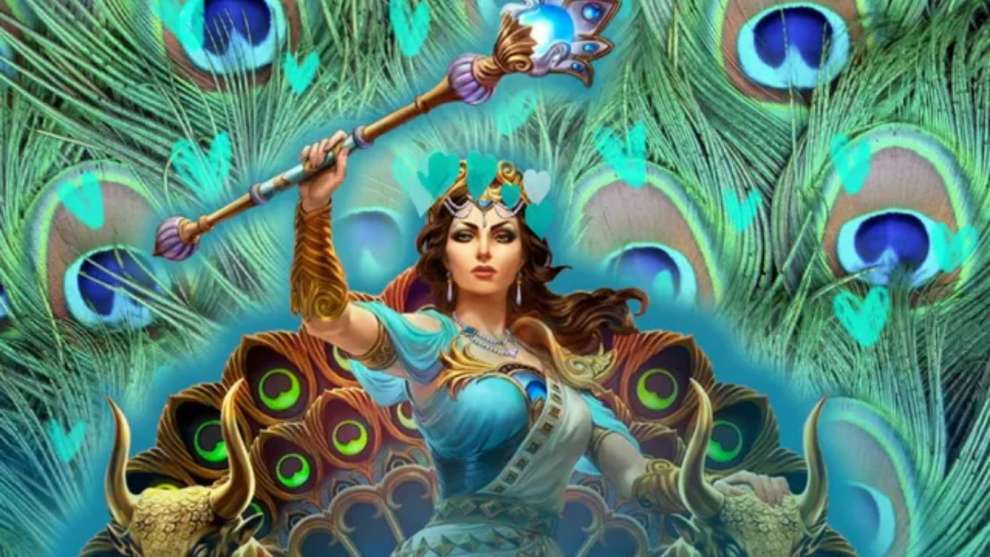
Demeter
Goddess of the harvest, fertility, agriculture, nature and the seasons. She presided over grains and the fertility of the earth.
The middle daughter of Cronus and Rhea. Also the lover of Zeus and Poseidon, and the mother of Persephone, Despoine, Arion.
Her symbols include the poppy, wheat, torch, cornucopia, and pig.
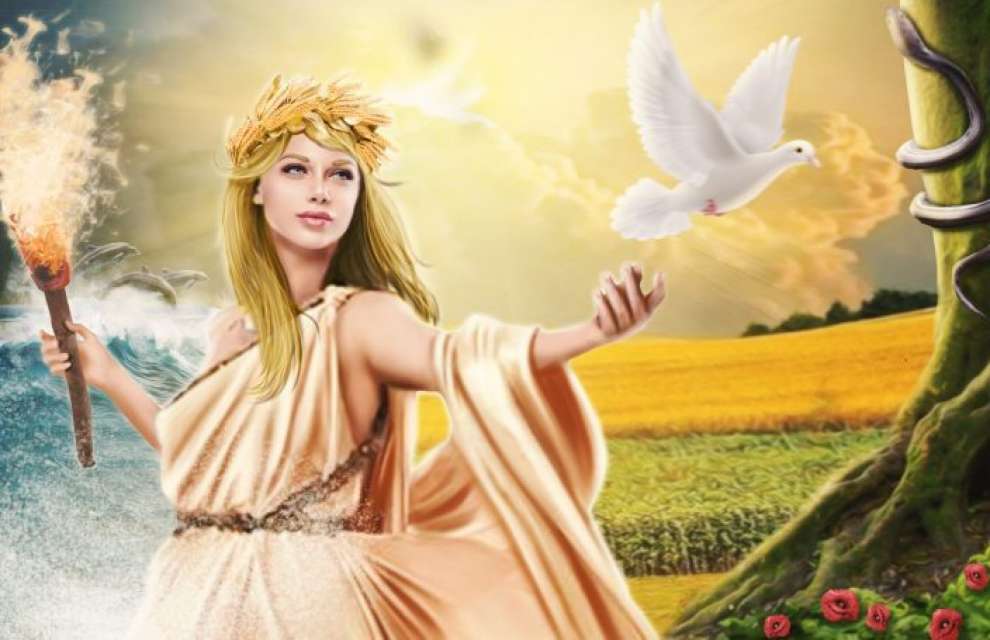
Aphrodite/Venus
Goddess of love, pleasure, passion, procreation, fertility, beauty and desire.
The daughter of Zeus and the Oceanid or Titaness Dione, or perhaps born from the sea foam after Uranus' blood dripped into the sea after being castrated by his youngest son, Cronus, who then threw his father's genitals into the sea. Married to Hephaestus, although she had many adulterous affairs, most notably with Ares. Her name gave us the word "aphrodisiac", while her Latin name, Venus, gave us the word "venereal".
Her symbols include the dove, bird, apple, bee, swan, myrtle, and rose.
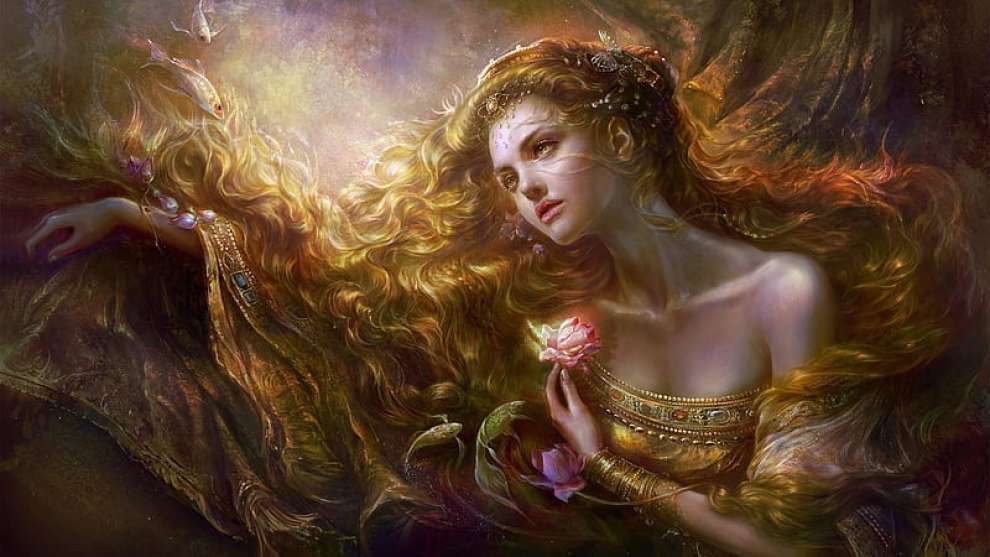
Athena
Goddess of wisdom, handicraft, and warfare.
The daughter of Zeus and the Oceanid Metis, she rose from her father's head fully grown and in full battle armour.
Her symbols include the owl and the olive tree.
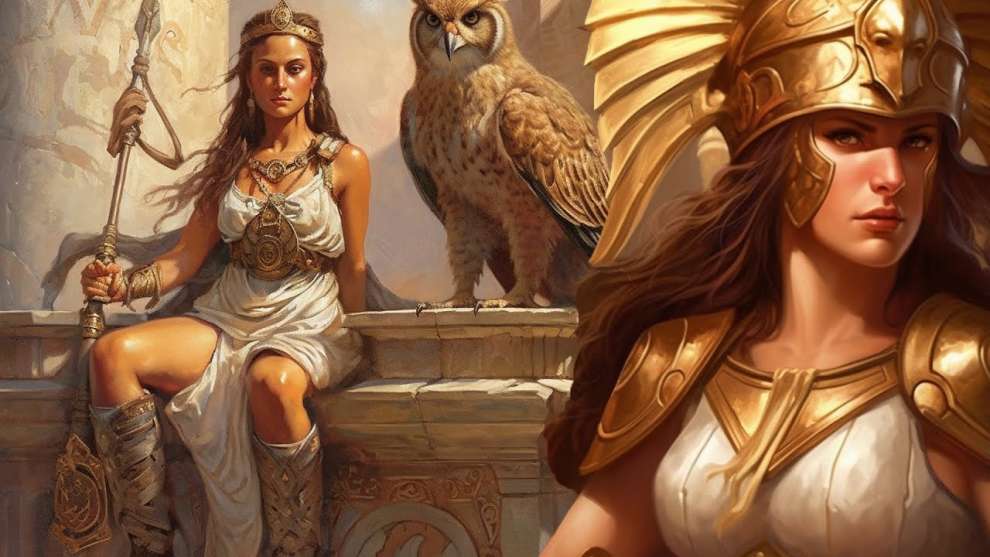
Artemis
Goddess of the hunt, the wilderness, virginity, the Moon, archery, childbirth, protection and plague.
The daughter of Zeus and Leto, and the twin sister of Apollo.
Her symbols include the Moon, horse, deer, hound, she-bear, snake, cypress tree, bow and arrow.
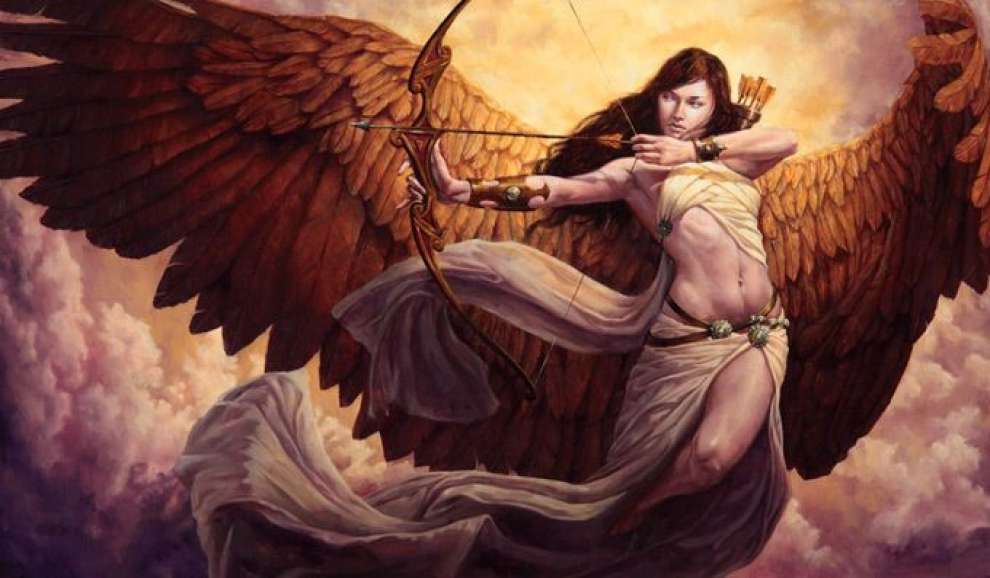
Apollo
God of light, prophecy, philosophy, archery, truth, inspiration, poetry, music, arts, strong beauty, medicine, healing, and plague.
The son of Zeus and Leto, and the twin brother of Artemis.
His symbols include bow and arrow, lyre, swan, and mouse.
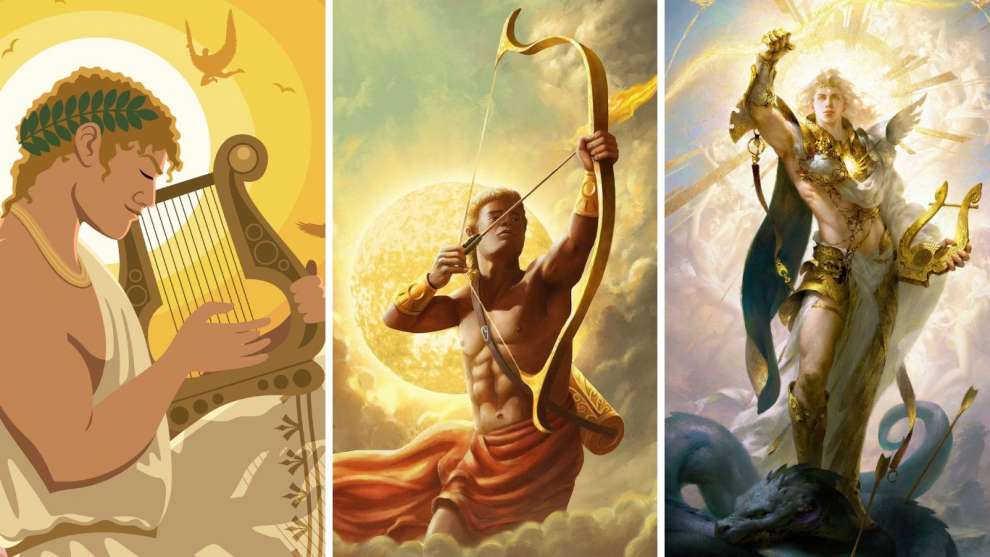
Ares
God of war, violence, bloodshed and strong virtues.
The son of Zeus and Hera, all the other gods despised him except Aphrodite. His Latin name, Mars, gave us the word "martial".
His symbols include the boar, serpent, dog, vulture, spear, and shield.
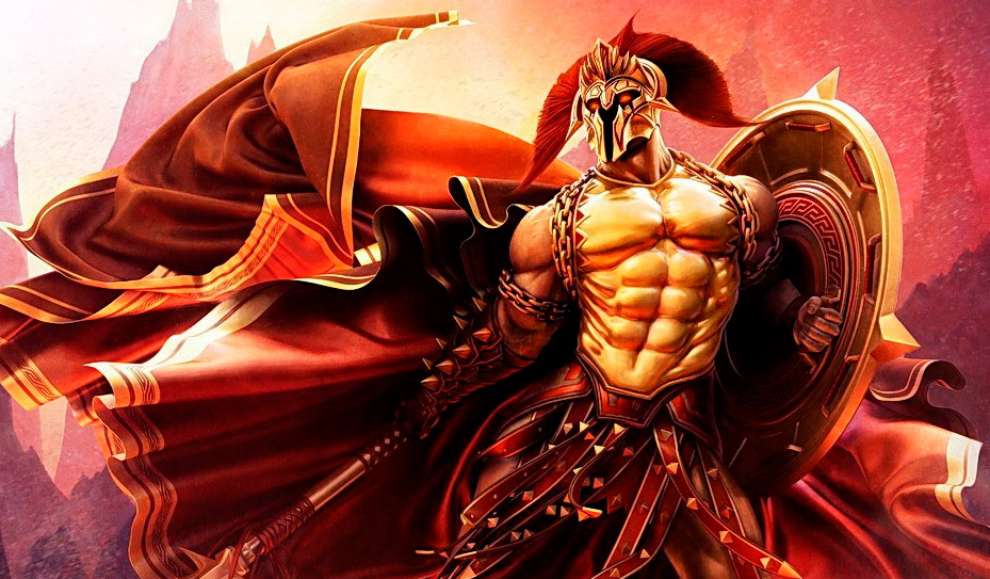
Hephaestus
Master blacksmith and crafts worker of the gods; god of the forge, craft skills, invention, fire and volcanoes.
The son of Hera, either by Zeus or through parthenogenesis. Married to Aphrodite. His Latin name, Vulcan, gave us the word "volcano".
His symbols include fire, anvil, axe, donkey, hammer, tongs, and quail.
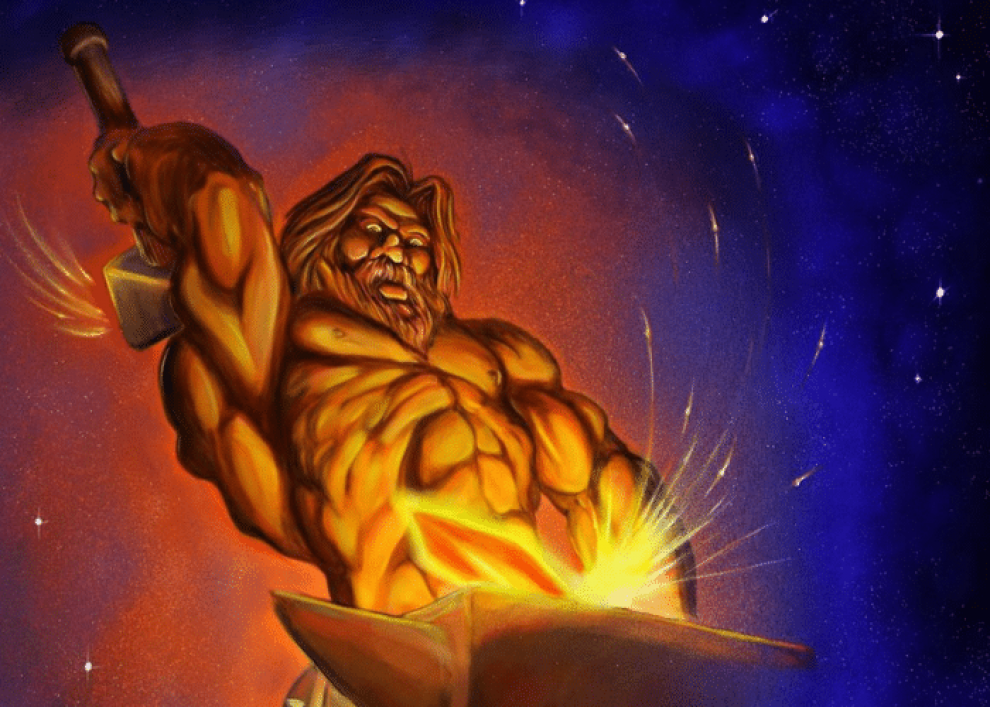
Hermes/Mercury
Messenger of the gods, god of travel, commerce, communication, borders, eloquence, diplomacy, thieves, and games. He was also the guide of dead souls.
The son of Zeus and the nymph Maia. The second-youngest Olympian, just older than Dionysus.
His symbols include the caduceus (staff entwined with two snakes), winged sandals and cap, stork, and tortoise (whose shell he used to invent the lyre).
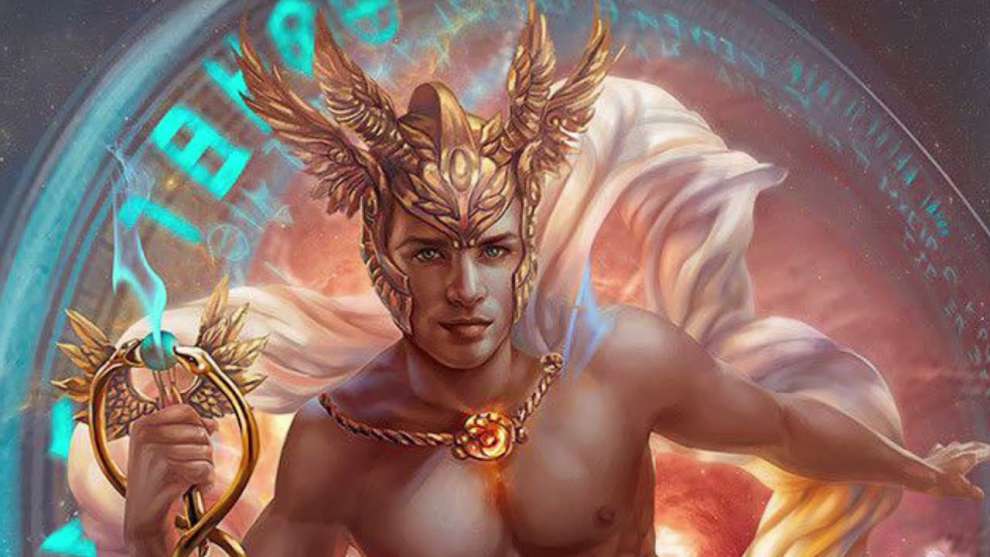
Dionysus/Bacchus
God of wine, the grapevine, fertility, festivity, ecstasy, madness and resurrection. Patron god of the art of theatre.
The son of Zeus and the mortal Theban princess Semele. Married to the Cretan princess Ariadne. The youngest Olympian god, as well as the only one to have a mortal parent.
His symbols include the grapevine, ivy, cup, tiger, panther, leopard, dolphin, goat, and pinecone.
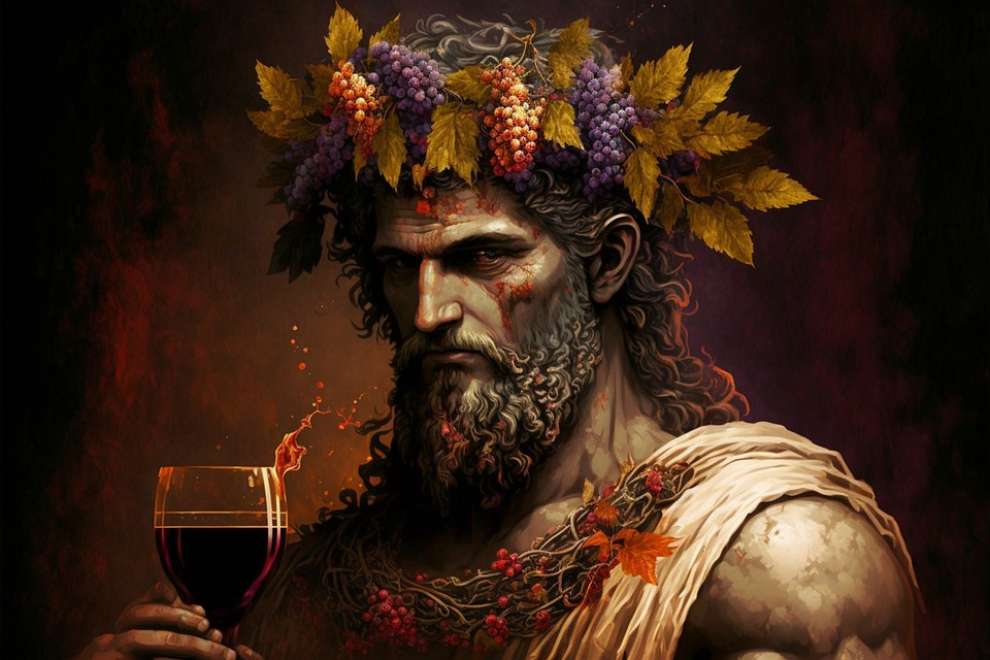
Hestia
Goddess of the hearth, fire and of the right ordering of domesticity and the family. She was born into the first Olympian generation and was one of the original twelve Olympians.
She is the first child of Cronus and Rhea, the elder sister of Hades, Demeter, Poseidon, Hera, and Zeus.
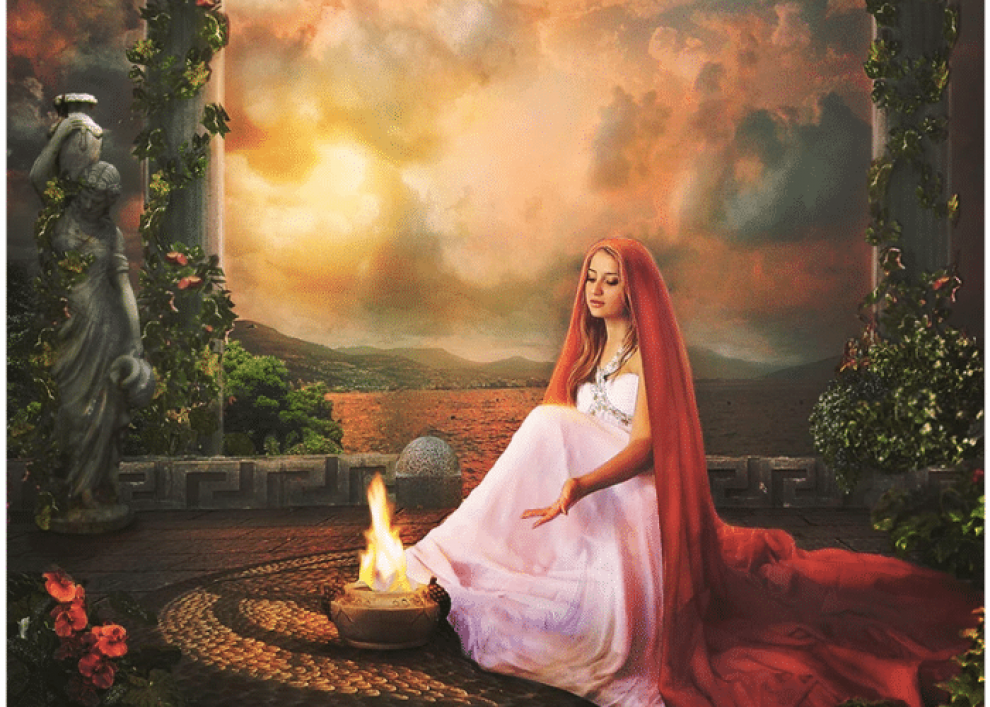
Besides the twelve Olympians, there were many other cultic groupings of twelve gods.
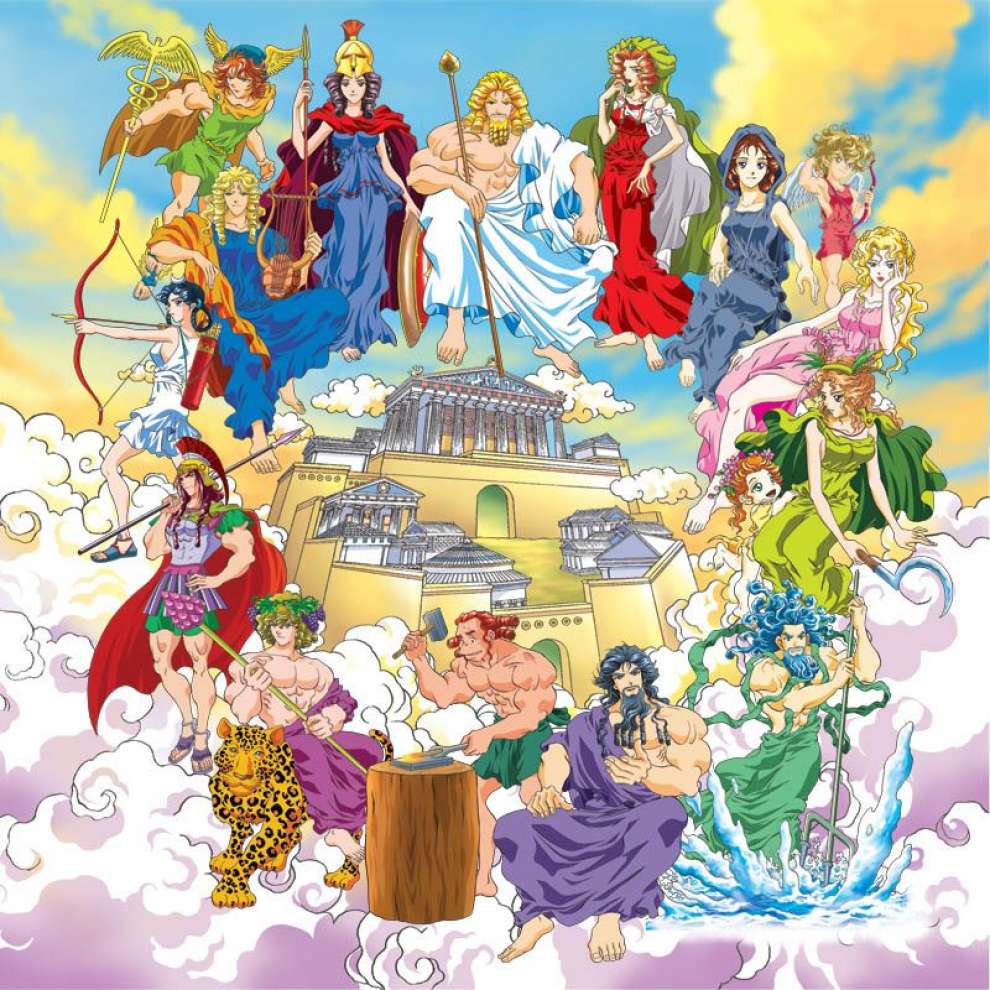
source of photos:
https://throneofhelios.com
https://stock.adobe.com
https://mythologysource.com
https://mythologysource.com
https://throneofhelios.com
https://www.youtube.com/watch?v=fnBIiTqA__M
https://www.worldhistoryedu.com
https://gobookmart.com
https://allmythology.com
https://pixabay.com/illustrations
https://www.youtube.com/watch?v=9XXR4jld11c
https://blog.wiccamagazine.com
https://www.peakpx.com
https://gobookmart.com

Titans Greek Mythology

 English
English
 Ελληνικά
Ελληνικά Русский
Русский
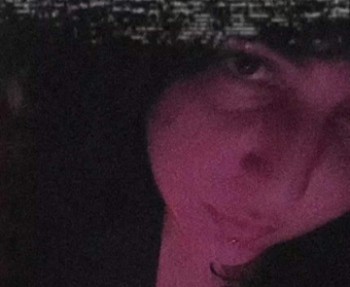 Posted by
Anna Maria Jones
Posted by
Anna Maria Jones






